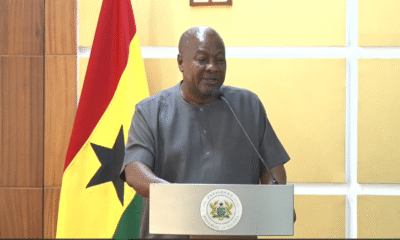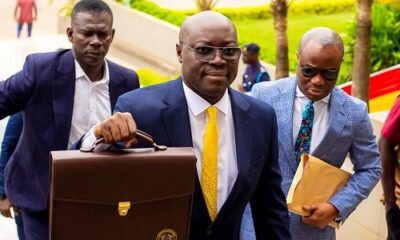News
Stakeholders converge in Accra for ETHOCON 2025 Cyber Security Conference
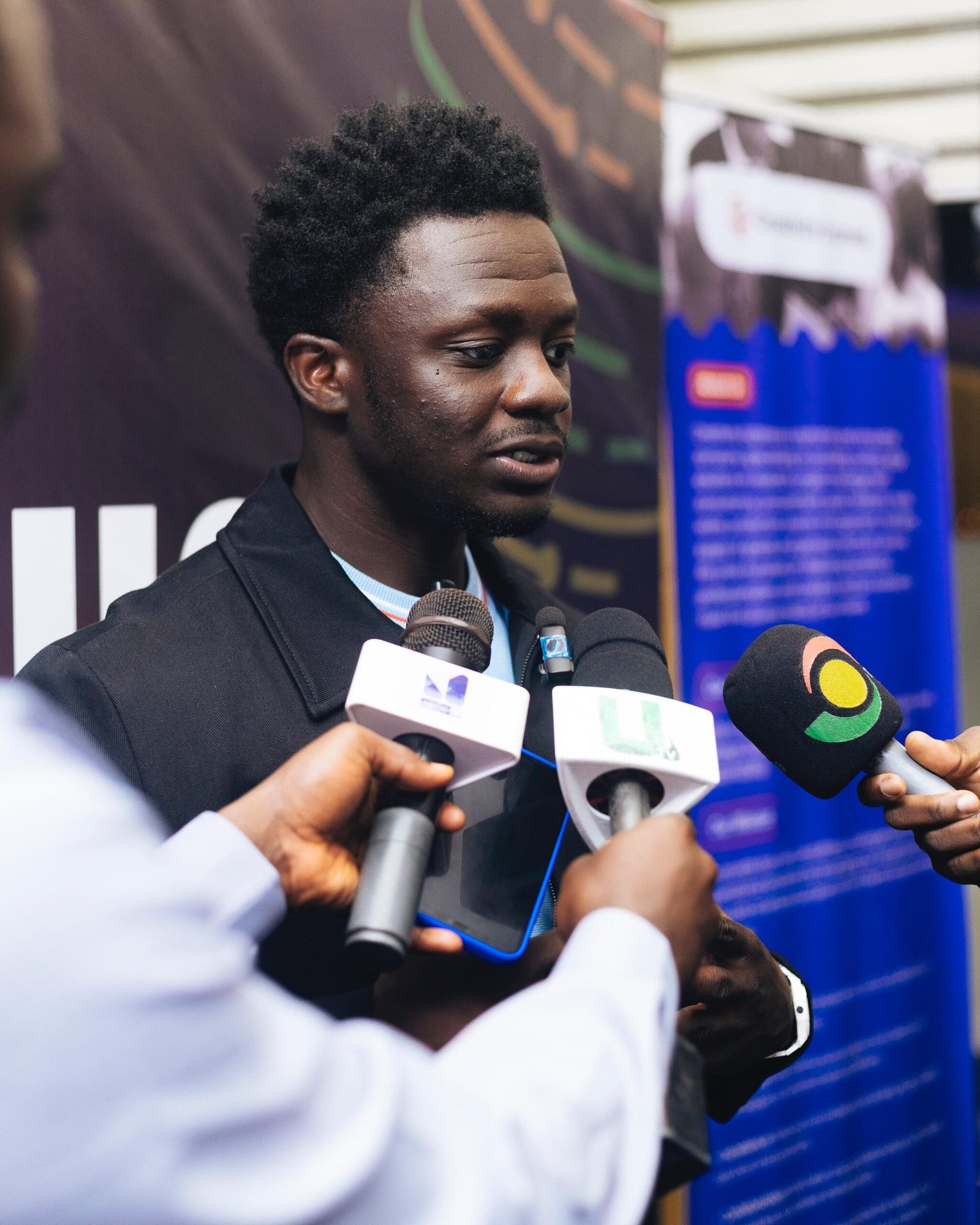
Stakeholders in Ghana’s digital and cybersecurity space have converged in Accra for the Ethical Hacking and Offensive Cybersecurity Conference (ETHOCON 2025) to deliberate on safeguarding the country’s digital systems amid growing technological advancement.
Themed “Cyber Resilience for Ghana’s Digital Leap,” the high-level event is being organized by the Ethical Hacking and Offensive Security Centre (Ethosec), a cybersecurity-focused organization, to discuss strategies for strengthening the country’s cyber infrastructure in the face of increasing digital transformation.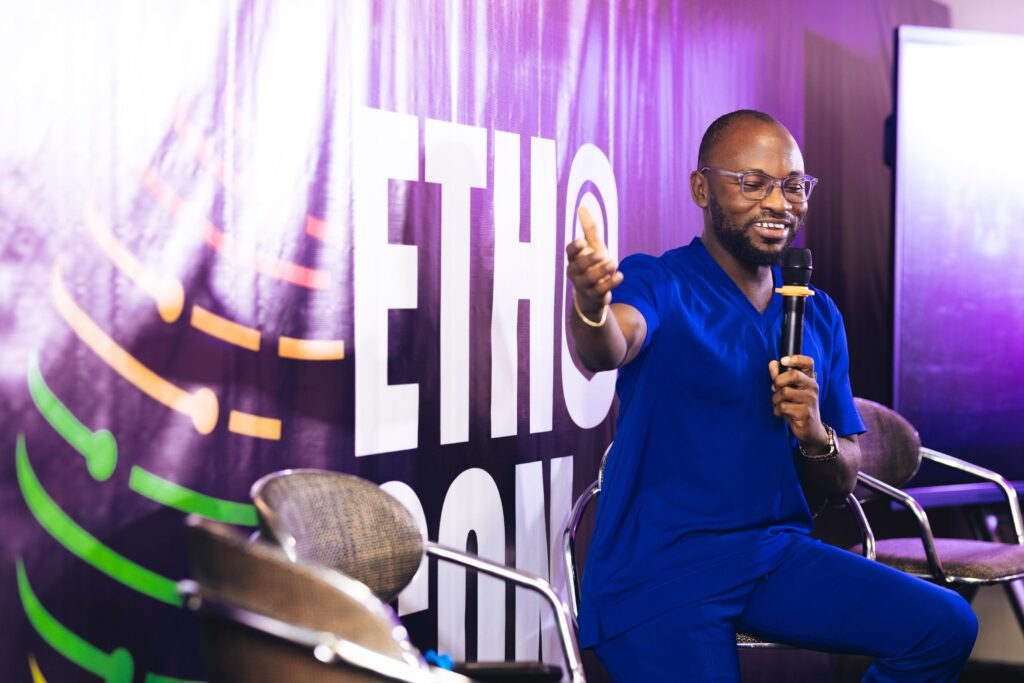
The conference brought together representatives from government, industry, academia, civil society, leading cybersecurity experts, tech entrepreneurs, and policy advocates.
ETHOCON 2025 featured expert panel discussions and thought leadership sessions exploring emerging threats, national preparedness, digital policy direction, and the future of cybersecurity in Ghana.
Speaking with journalists, the CEO of the National Youth Authority, Osman Ayariga, said the government had taken cybersecurity seriously since the rise of the internet, putting in place laws and institutions to protect Ghana’s digital space.
He explained that laws such as the Data Protection Act and the Cybersecurity Act were helping to secure the country’s online platforms. 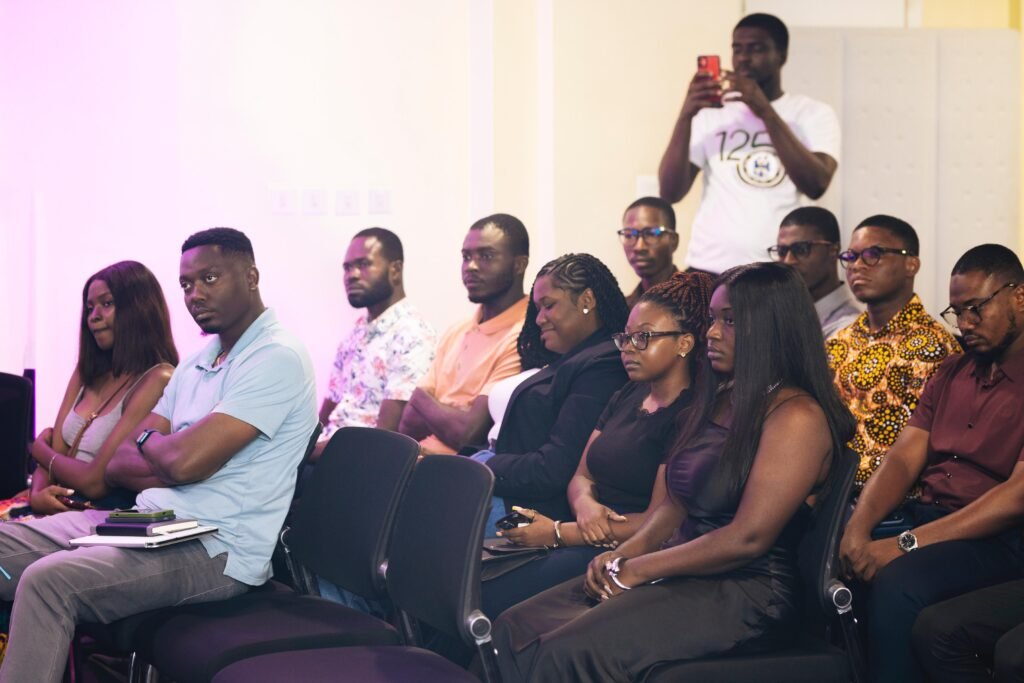
He added that government had also established offices like the Signal Bureau and supported infrastructure that ensures digital safety.
According to him, while protecting cyberspace, the government was also creating opportunities for young people through tech-based programs like the One Million coders Program, Innovation Hubs, and soft skills training under the National Apprenticeship Program.
Mr. Ayariga stressed that these initiatives were part of efforts to ensure young Ghanaians were not left behind in the global digital race.
He said digital literacy, coding, online marketing, and awareness of risks like cyberbullying and hacking were now essential skills for the youth.
He also emphasized that President John Dramani Mahama’s vision for national programs was inclusive, not political.
He pointed out that the aim was to reduce unemployment and security risks by training Ghanaians regardless of their political background.
Founder of Ethosec and lead organizer of the conference, Ashraf Saaka, noted that while Ghana had made progress in building cybersecurity structures, public understanding of the issue remained narrow.
He explained that most people associate cyber threats with scams or mobile money fraud, but in reality, attacks on hospitals, electricity, and water systems could cause more serious national problems.
Mr. Saaka urged organizations to move beyond profit-focused thinking and make security a top priority.
He highlighted the importance of strategies like Zero Trust, which ensures that digital tools are secure from the ground up.
He urged cybersecurity professionals to constantly learn and adapt “because attackers only need to succeed once, but defenders must get it right every time.”
By Jacob Aggrey
News
President Mahama swears in last batch of deputy ministers of state at the presidency

The President of the Republic of Ghana, His Excellency John Dramani Mahama, has sworn in four deputy minister designates at the presidency.
The deputy ministers are Dorcas Affo Toffey for Transport; James Gyakye Quayson for Foreign Affairs; Mohammed A. Sukparu for Communication, Digital Technology and Innovations; and Prof. Dr. Grace Ayensu Danquah for Health.
President Mahama administered the Oaths of Allegiance, Office and Secrecy, and presented each appointee with an instrument of office in the national colours, red, gold and green.
He noted that this final swearing-in completes the formation of his government’s ministerial team, totaling 60 appointees.
He described this as a clear sign of his commitment to a purposeful and efficient administration.
According to the President, only ministries with heavier workloads and broader responsibilities are assigned deputy ministers.
He stated that his administration is focused on achieving real results and not merely filling positions.
He urged the new deputies to work closely with their sector ministers, remain humble and serve with integrity and accountability.
President Mahama highlighted that the size of government had been reduced, and cost-saving measures such as cuts in fuel allocations and travel budgets were freeing up funds for key sectors like health, education, infrastructure and energy.
He shared encouraging signs of economic recovery, including a drop in inflation, a stronger cedi, improved GDP growth and successful payments to bondholders, students and public schools all without a supplementary budget.
The President condemned a recent incident involving the manhandling of a joy news journalist by military personnel.
He described the act as unacceptable and assured that investigations and sanctions would follow.
Speaking on behalf of the new deputy ministers, Mohammed A. Sukparu thanked the President for the opportunity to serve.
He pledged their full commitment to the President’s vision and promised they would not disappoint the Ghanaian people.
By: Jacob Aggrey
News
Government to train chiefs in Volta Region to resolve disputes and improve local governance – President Mahama

President John Dramani Mahama has announced that the Ministry of Local Government and Chieftaincy will roll out capacity building workshops to strengthen the leadership of traditional rulers in the Volta Region.
The initiative, he said, is part of a bigger plan to enhance the role of chiefs in governance, conflict resolution, and community development particularly in Volta, where chieftaincy disputes are on the rise.
According to the President, the workshops will equip chiefs and traditional council staff with the skills and knowledge to manage disputes, handle community affairs, and better understand their statutory responsibilities.
He made this known during a high-level engagement with the Volta Region House of Chiefs at the Flagstaff House.
The chiefs had raised concerns about the increasing number of unresolved chieftaincy disputes and the limited capacity of newly inaugurated traditional councils.
President Mahama acknowledged the challenges and said government would provide direct funding to support these workshops and ensure that traditional leaders in the region are empowered to function effectively.
He stressed that strengthening the institution of chieftaincy was critical to maintaining peace and stability at the community level, and would support efforts in decentralization and grassroots development.
The President also expressed hope that the ongoing constitutional review process would capture the views of traditional authorities particularly in enhancing their role in sanitation, civic education, and environmental management.
President of the Volta Region House of Chiefs, Togbe Tepre Hodo IV, welcomed the announcement and said the Volta regional house of chiefs was ready to partner with the government to resolve disputes and promote development at the local level.
By: Jacob Aggrey

